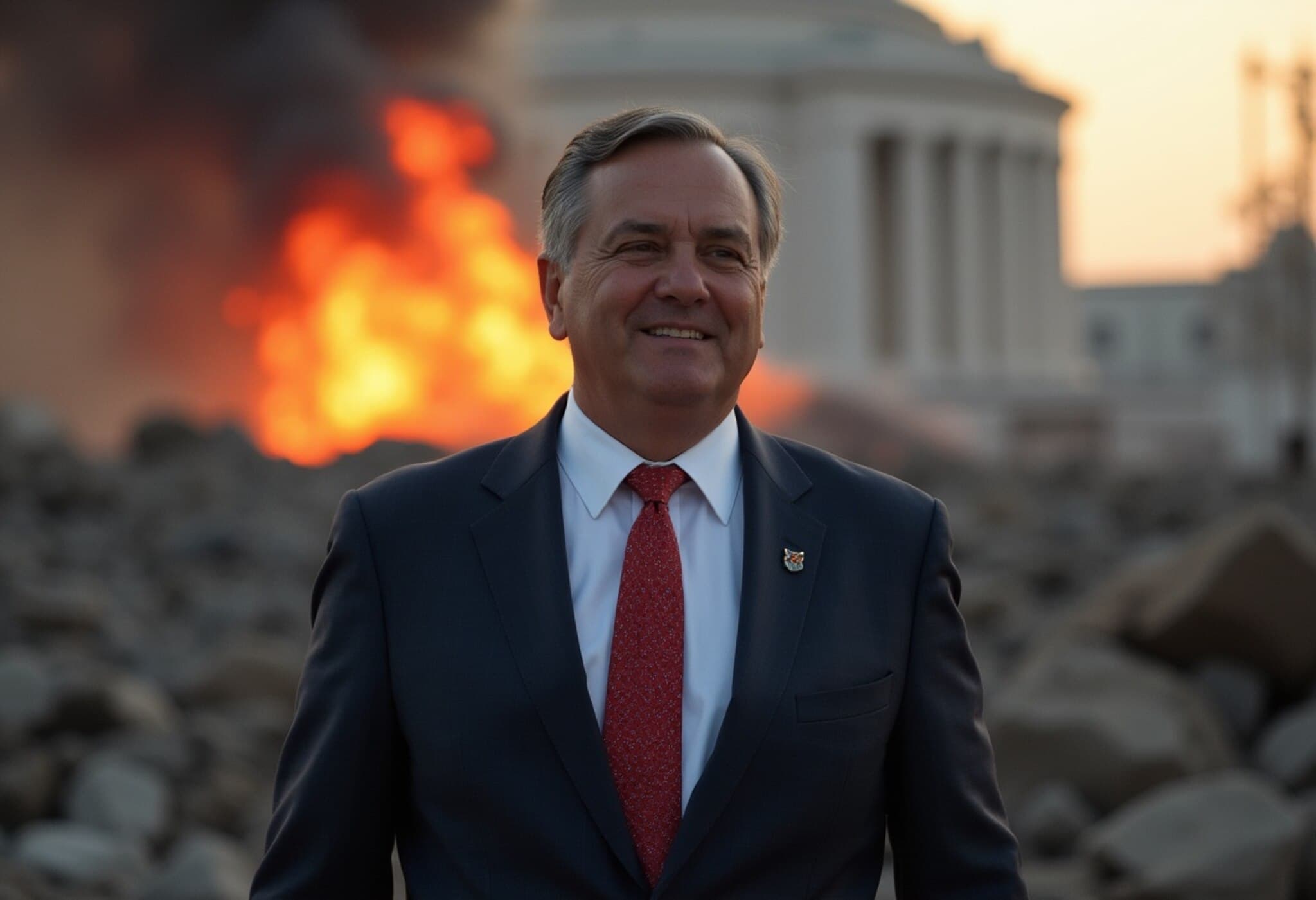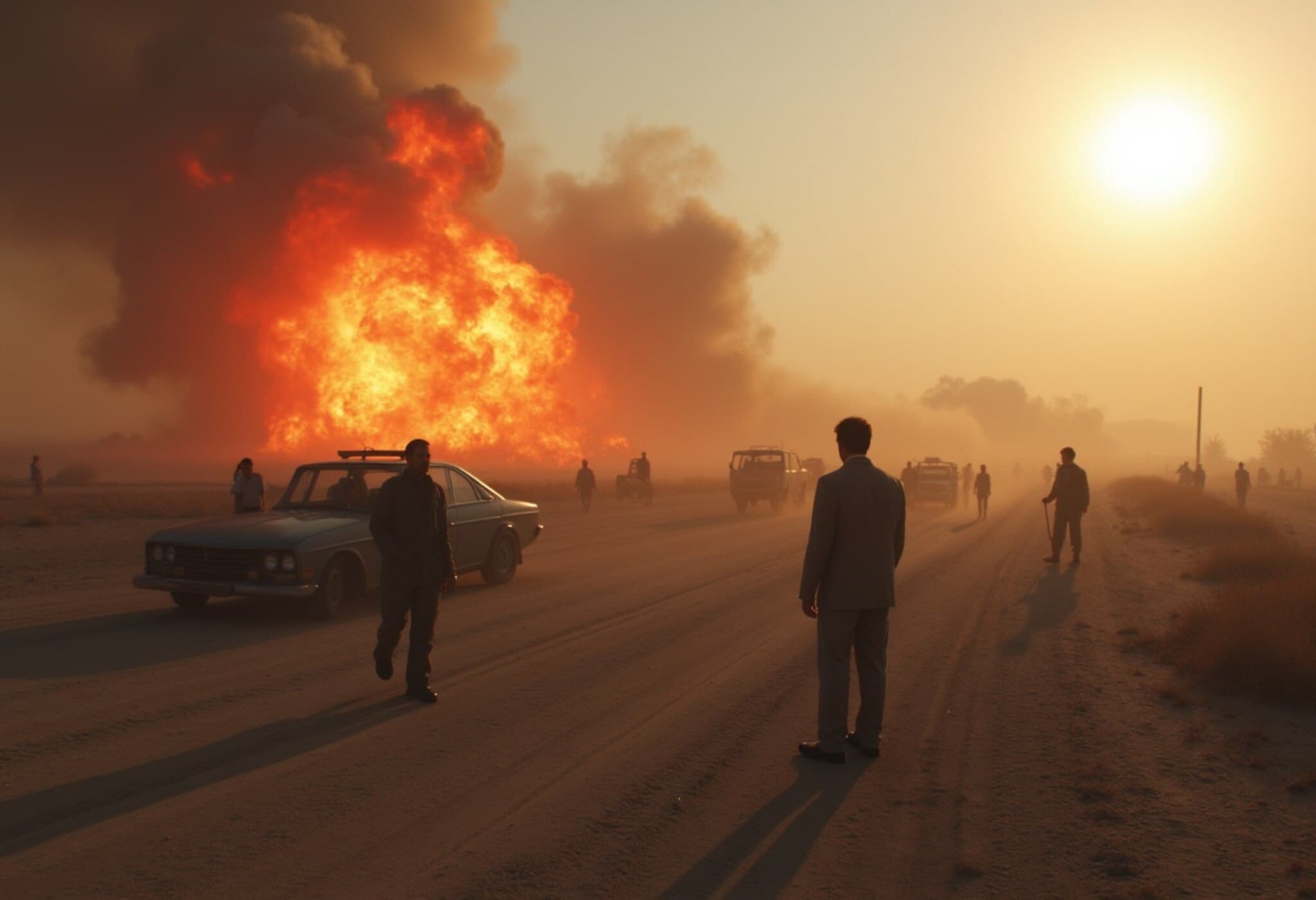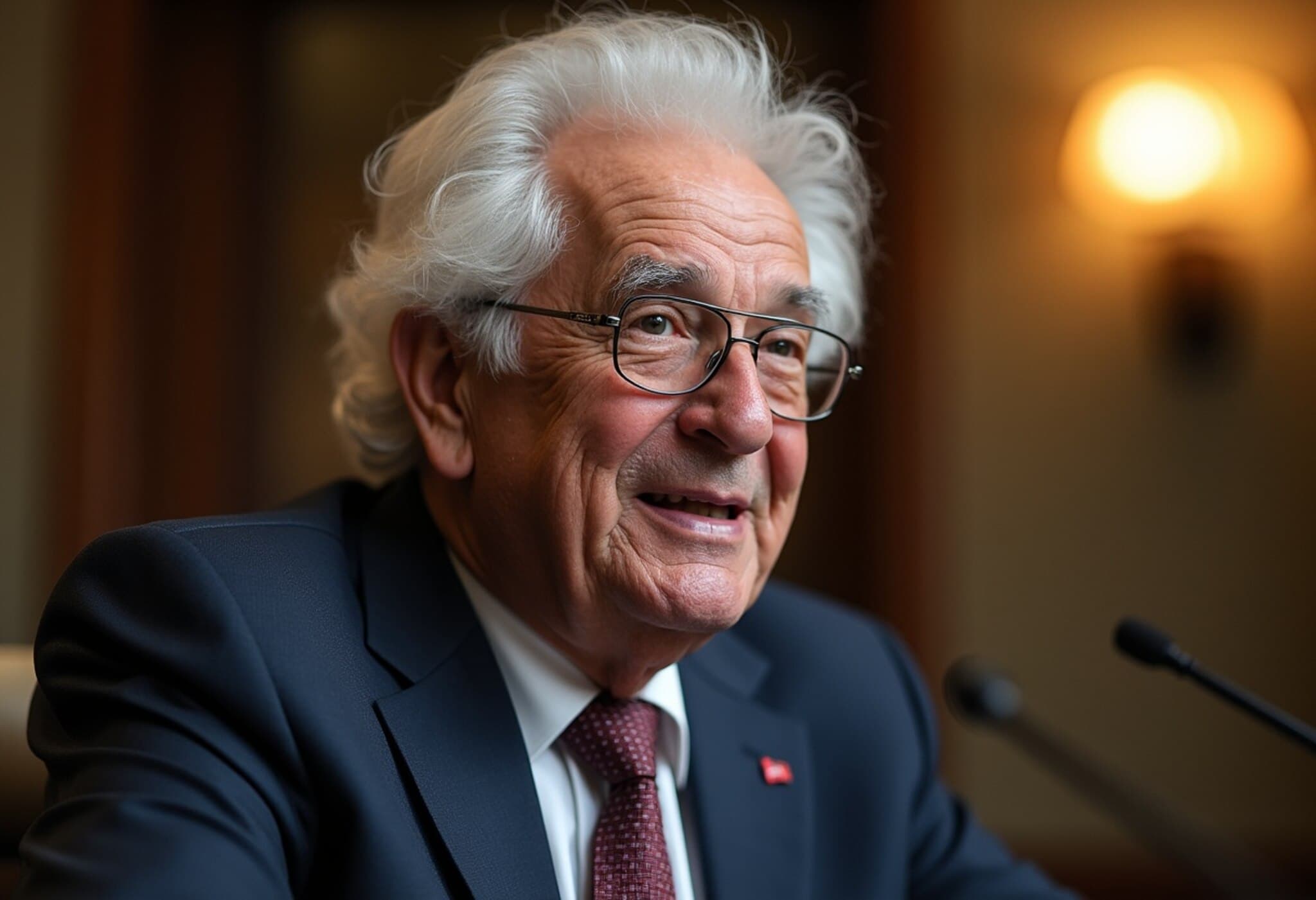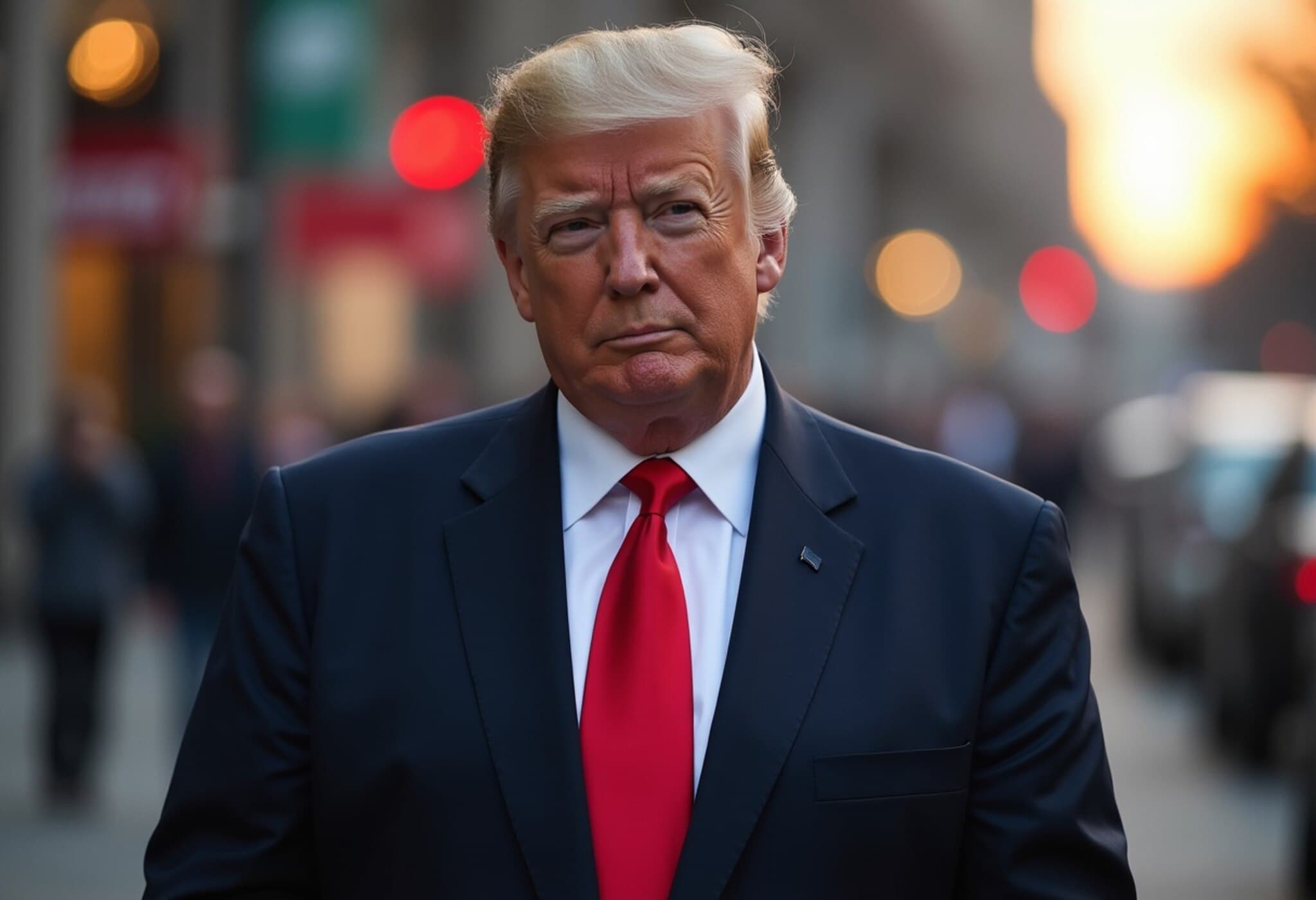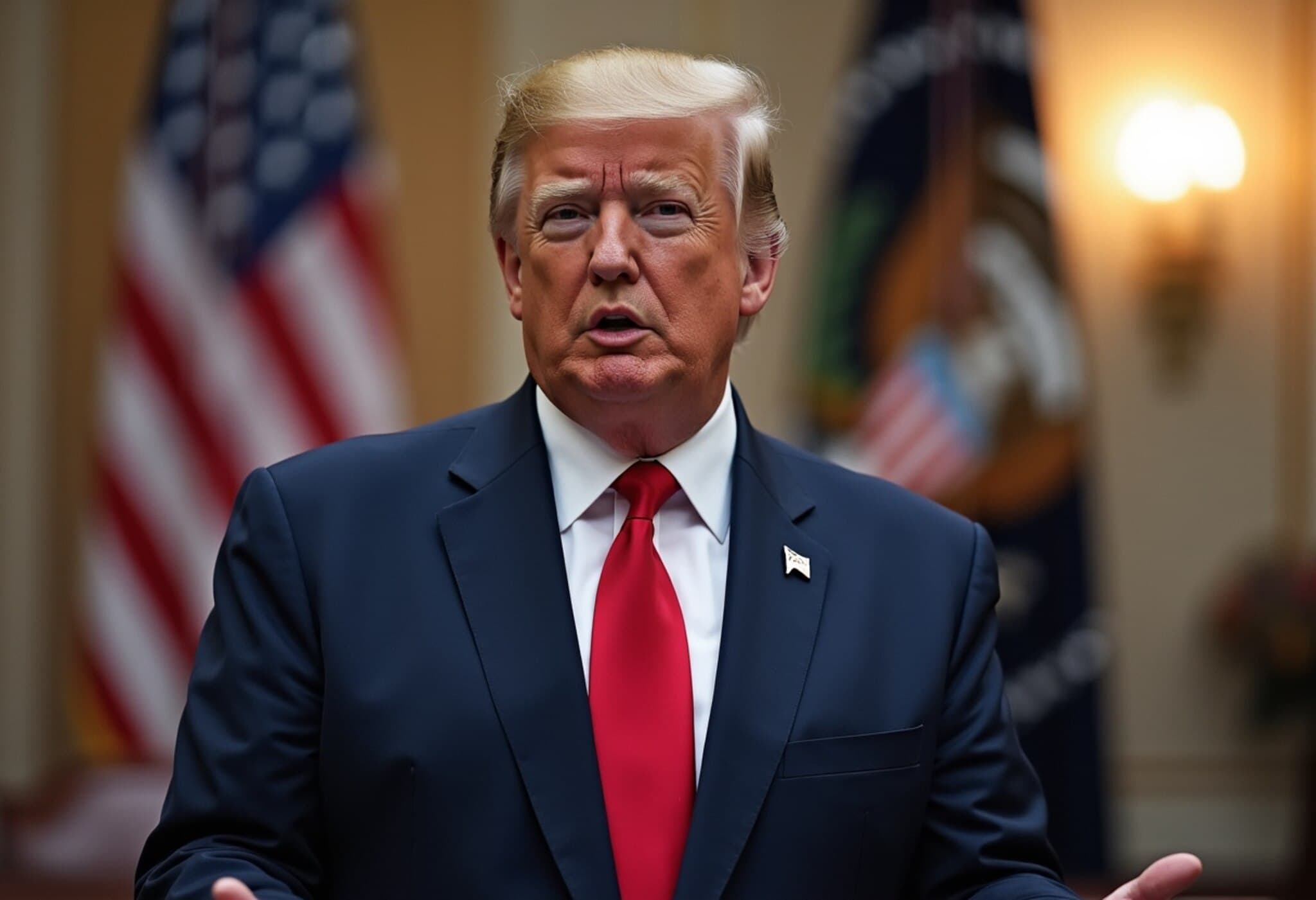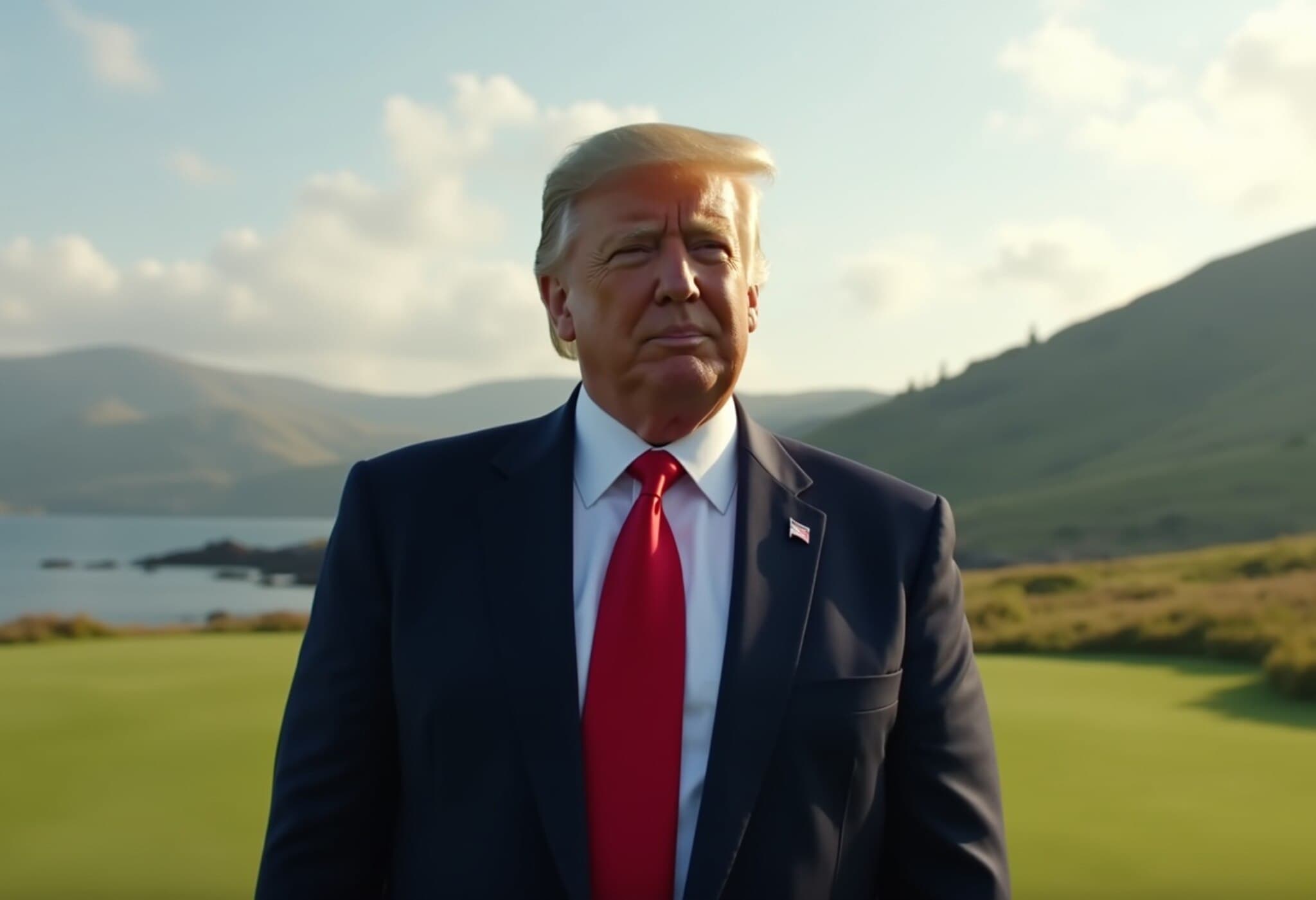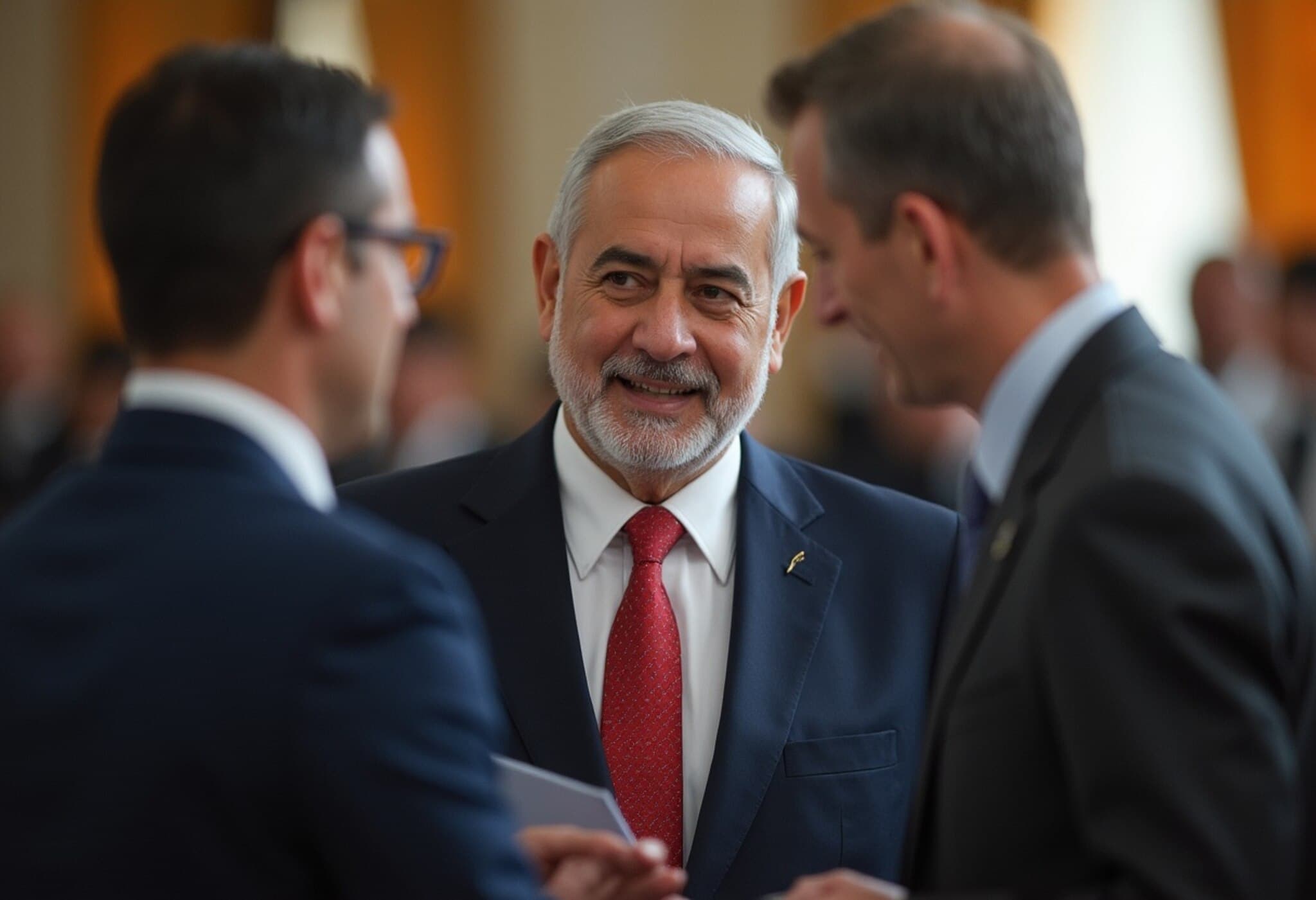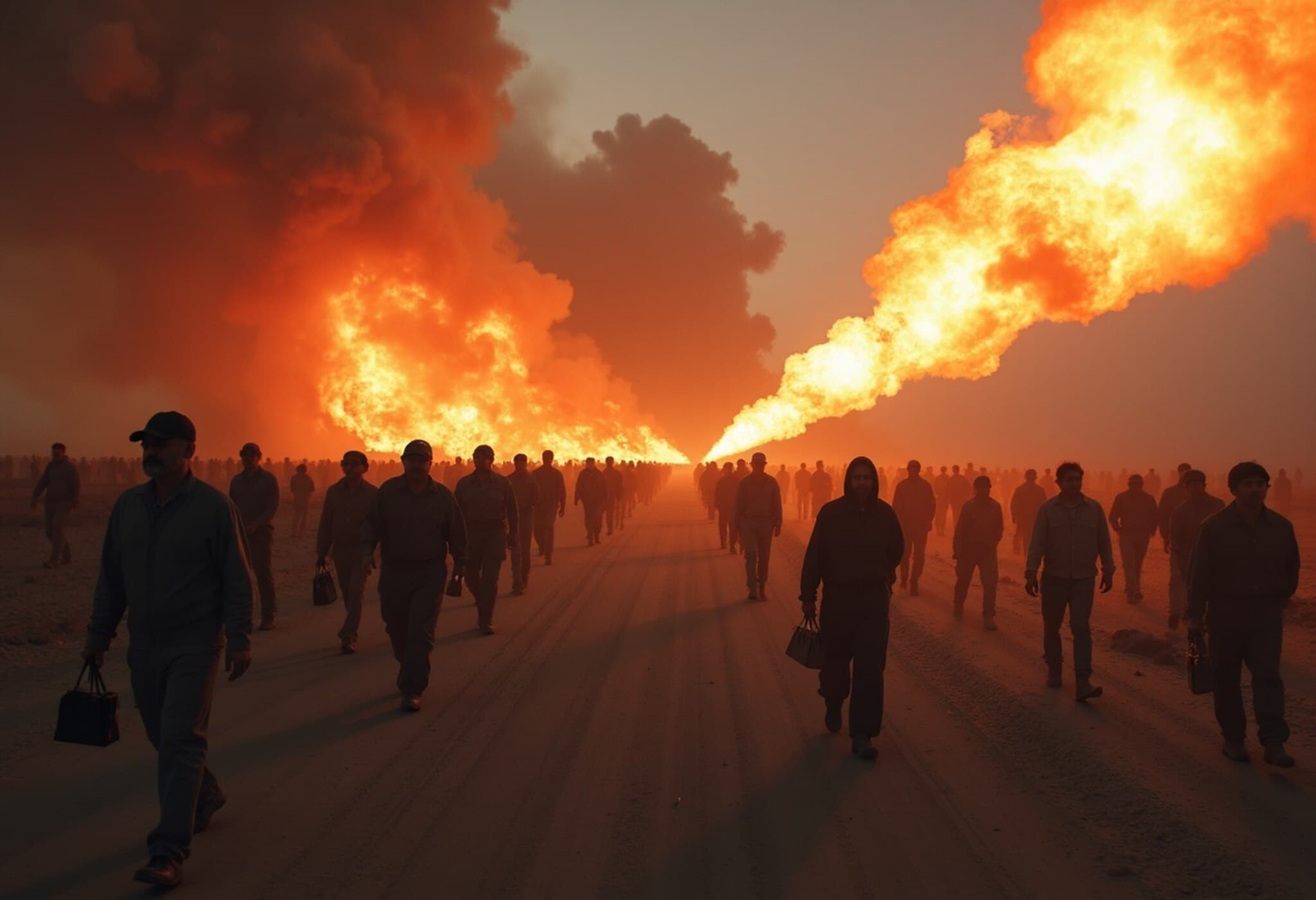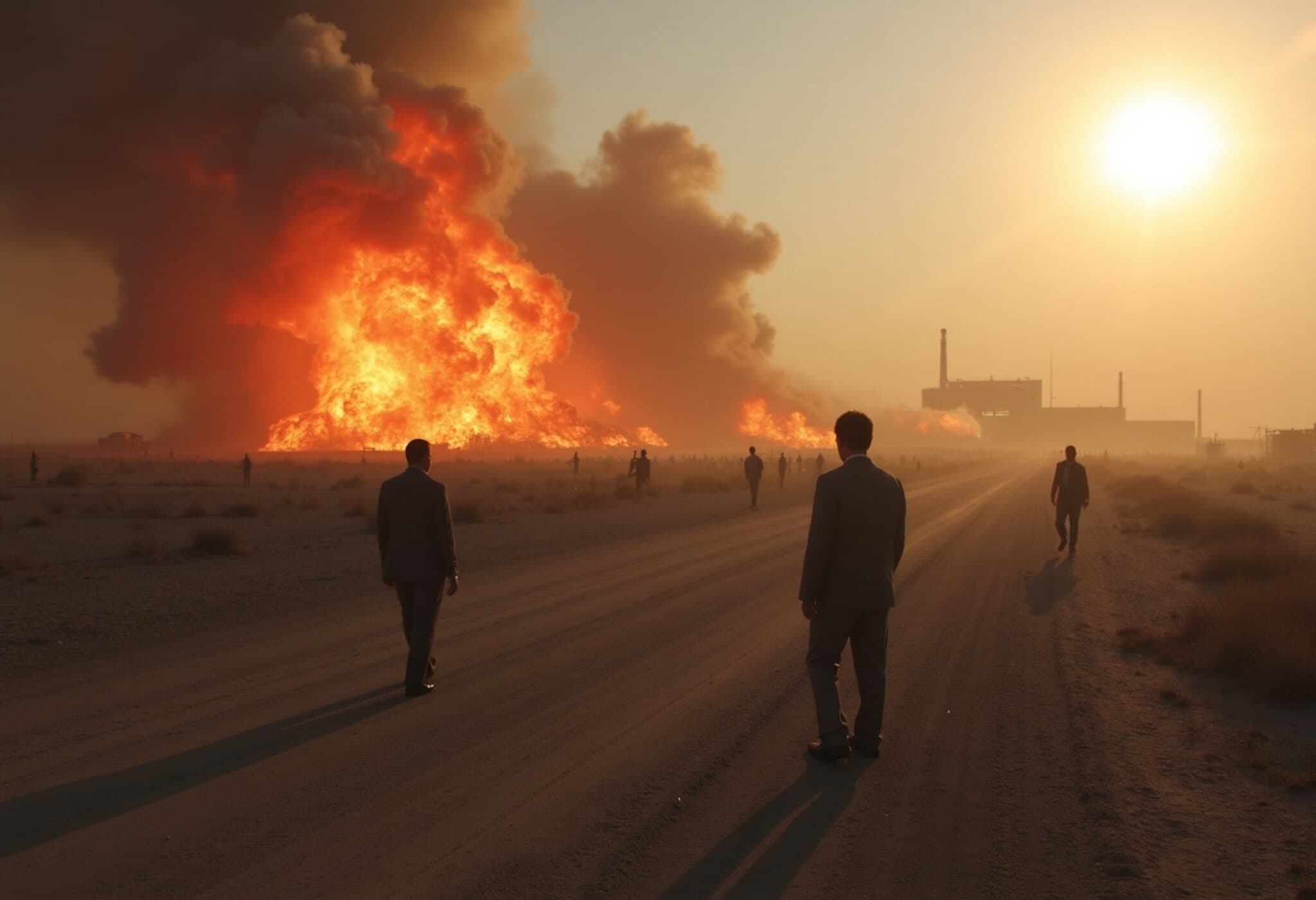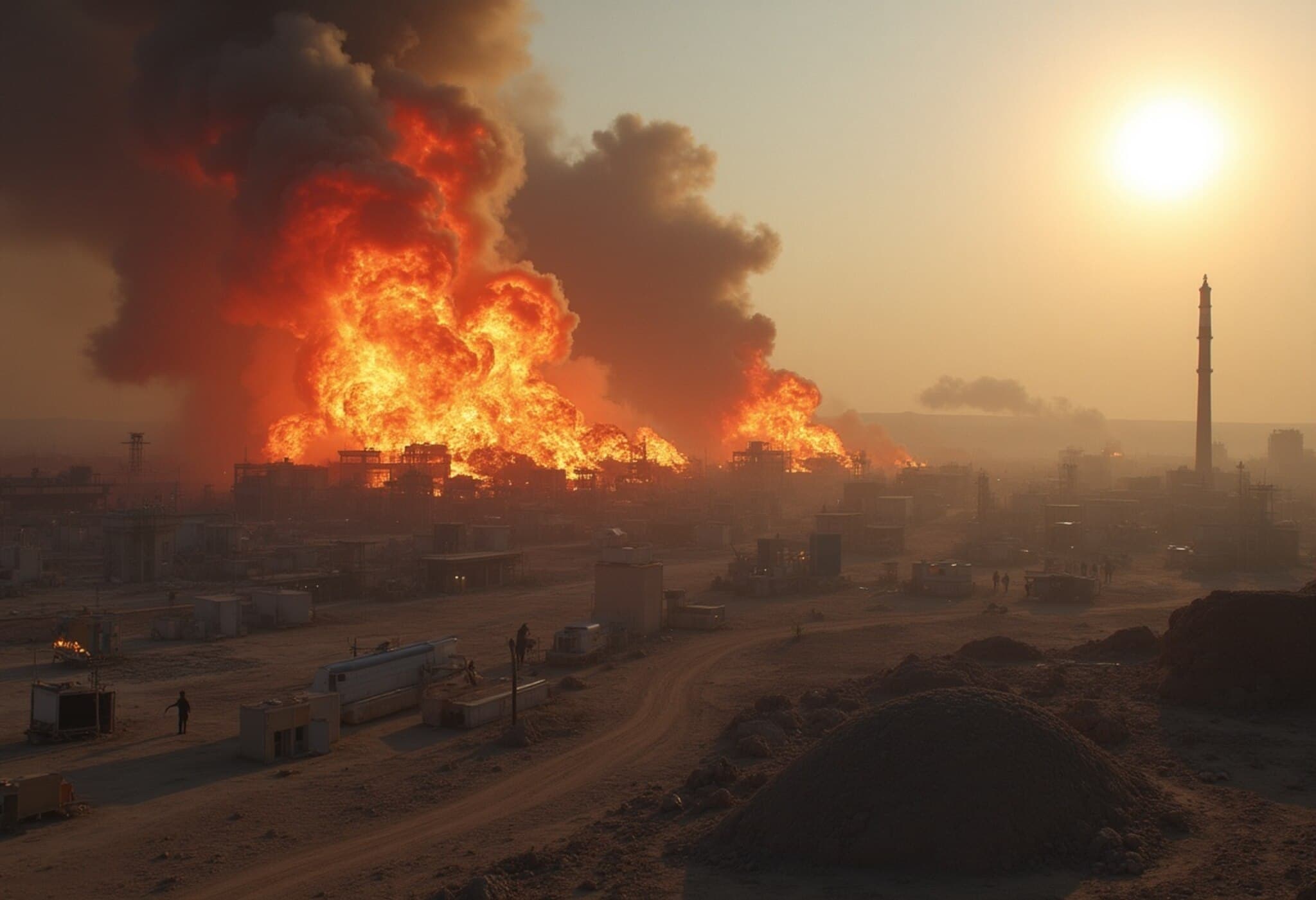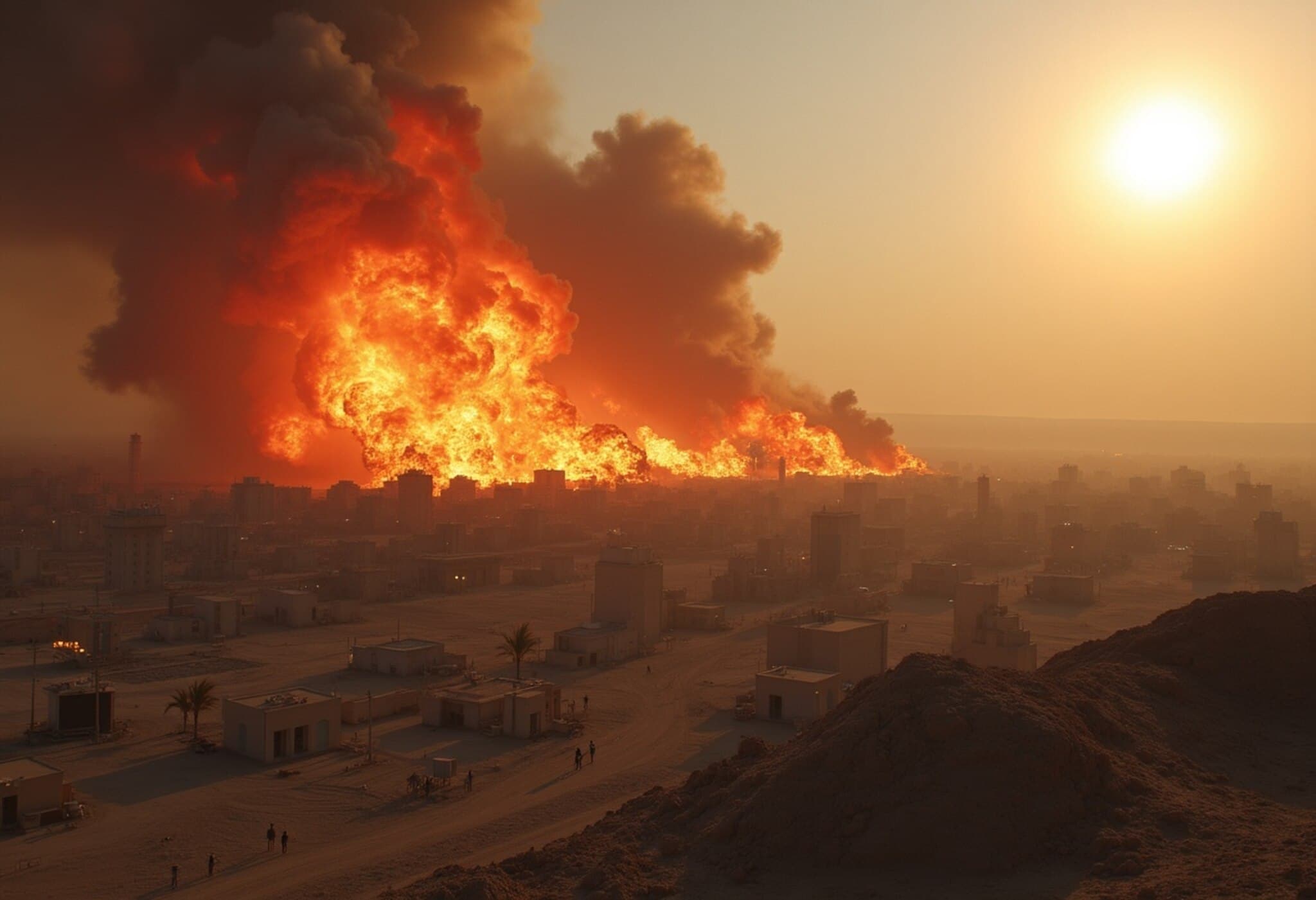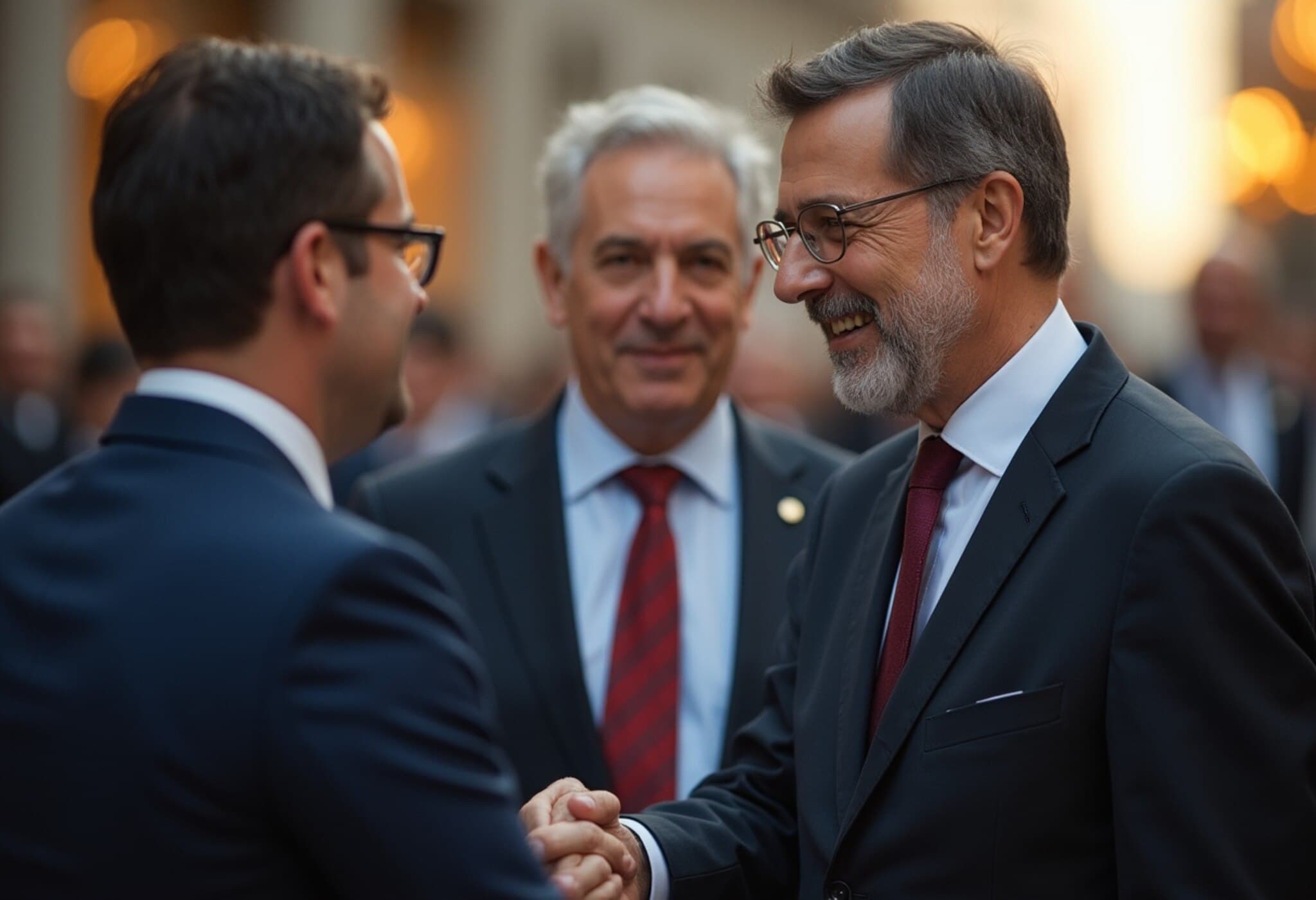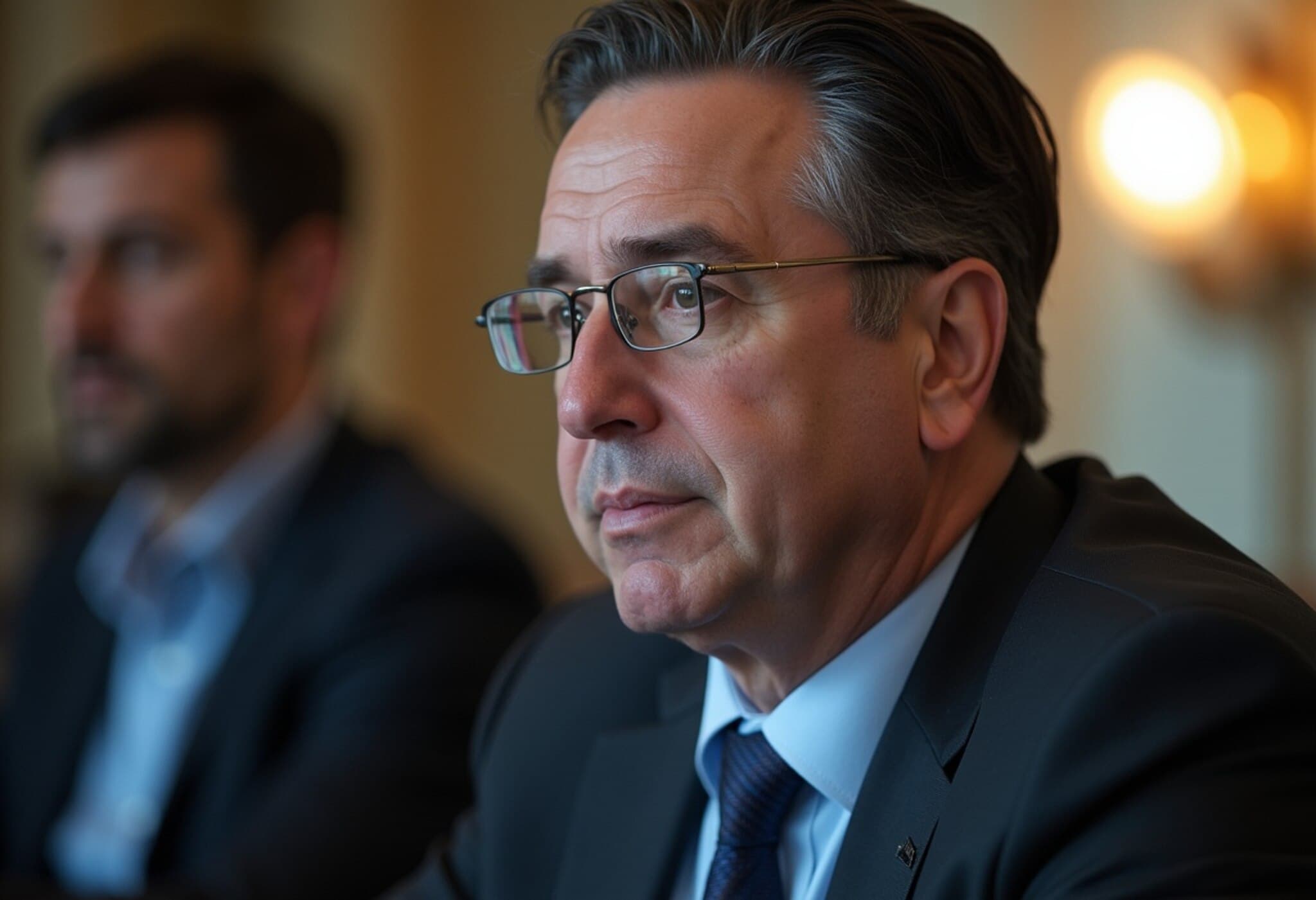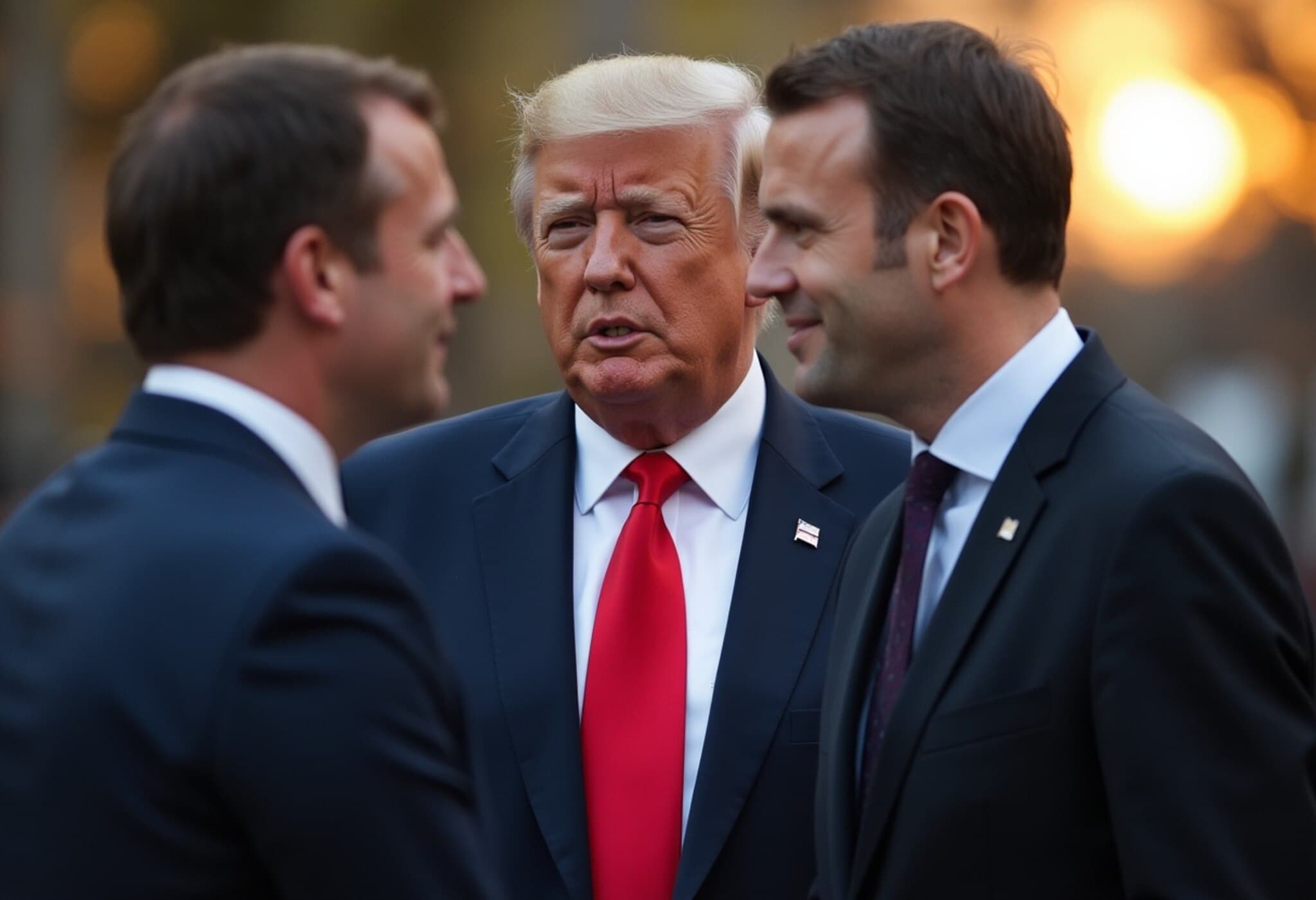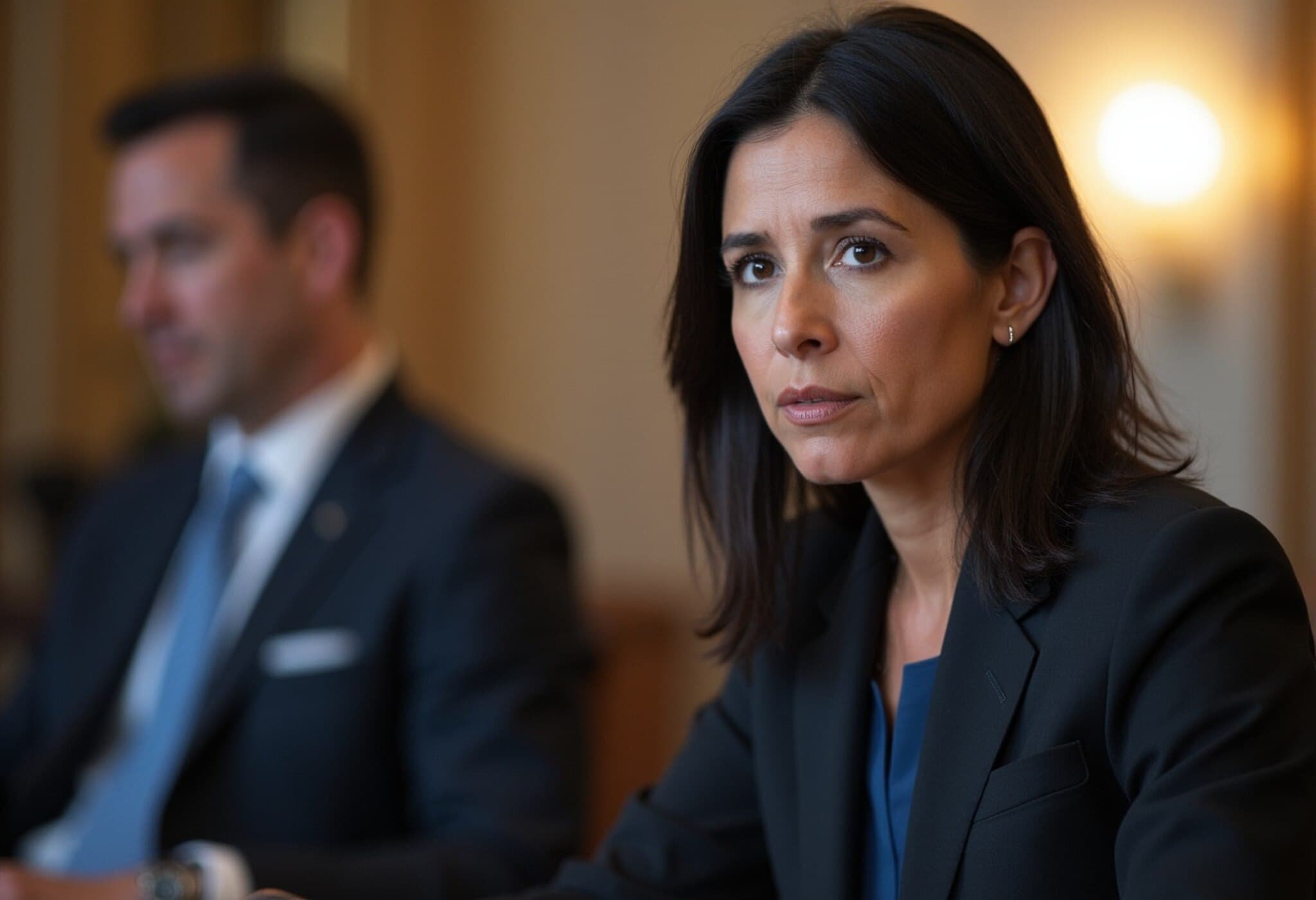US Strikes Significantly Delay Iran’s Nuclear Progress, Says Rubio
US Secretary of State Marco Rubio asserted on Wednesday that recent US airstrikes have pushed Iran considerably farther from acquiring a nuclear weapon. Speaking during the NATO summit, Rubio rejected reports suggesting the strikes caused only a minor delay to Tehran’s nuclear program.
Contrasting Views on the Impact of Airstrikes
While some media outlets cited a preliminary US intelligence assessment claiming the disruption to Iran’s nuclear efforts would be short-lived, both the White House and President Donald Trump firmly disagreed. Trump took to his platform to emphasize that the targeted nuclear sites were "completely destroyed." The White House labeled the conflicting intel as "flat-out wrong" through spokesperson Karoline Leavitt.
Substantial Damage to Iran’s Nuclear Infrastructure
Rubio highlighted that the airstrikes inflicted "significant, very significant, substantial damage" to multiple critical components of Iran’s nuclear infrastructure. He indicated that as more information is uncovered, the true scale of the damage becomes clearer. The Secretary of State dismissed negative media reports as misleading and failing to reflect the full intelligence picture.
Temporary Ceasefire Signals End of Air Conflict
In a related development, a ceasefire brokered by President Trump between Iran and Israel appeared to hold as of Wednesday. This followed intense airstrikes launched by Israel on June 13 targeting Iranian nuclear sites and key military leaders. Iran retaliated with missile attacks on Israeli military and civilian areas. Both sides signaled a halt to hostilities amid ongoing diplomatic efforts.
Key Takeaways
- Marco Rubio stressed Iran is "much further away" from developing nuclear weapons after US strikes.
- Contrary to some reports, the White House insists the strikes caused far more damage than initially suggested.
- A ceasefire between Iran and Israel remains in effect, ending a recent flare-up of air attacks.
These developments mark a critical shift in the ongoing struggle to stem Iran’s nuclear ambitions and ease regional tensions.

